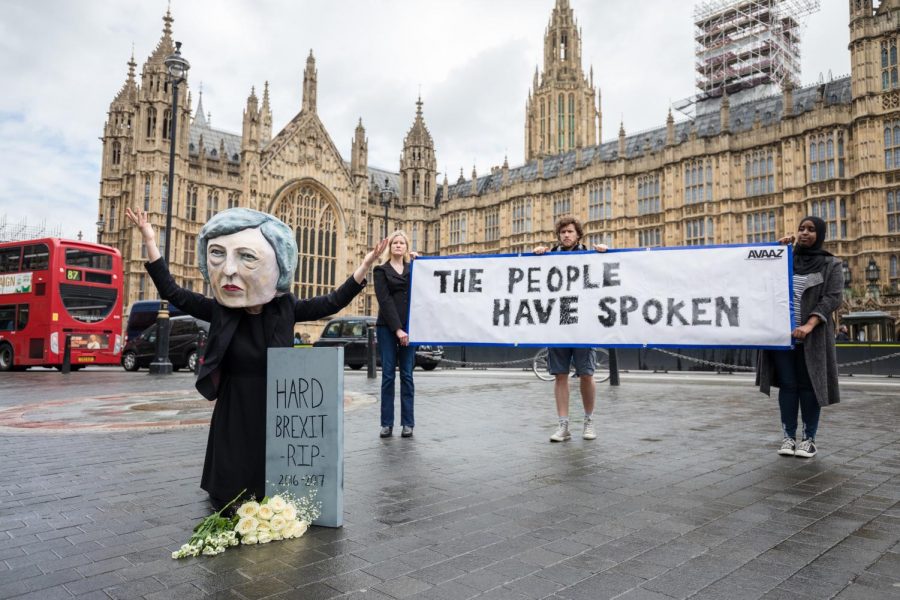Will Britain Be Able to Break Away from the EU?
For over a year, Britain has remained divided over the issue of Brexit.
In June 2016, a referendum in the United Kingdom resulted in a decision for the country to leave the European Union, a union of 28 member states that connect the region on the economic and political fronts. The move to leave was nicknamed “Brexit,” a combination of the words Britain and exit. Just over two years after the vote, discussion over the action is approaching an all time high as officials have been unable to successfully negotiate a deal to leave. The referendum was controversial to begin with, and the vote to leave was won by only a small margin.
British conservatives have brought up many points for their abandonment of the European Union. Many circulate around the legislative powers the larger government. The EU policy trumps national level law, making some feel as though those who are governing them are not those who were necessarily directly representing them. The larger government creates an environment where some feel as though they are burdened by more regulations and a much harder pathway to create change.
Some predict leaving the EU will bring economic benefits to Britain. With being attached to the Euro, instead of their own currency, when economic downfall occurs, it affects all of the Union, not just those who are necessarily at fault. Also, the membership dues that the each country owes are a point of concern. According to HM Treasury in 2017, 13 billion dollars of British taxpayer money went toward the EU, an amount that Brexit supporters would prefer to keep.
“I think there’s also a sense of nationalism,” senior JD Frederick said. “The UK wants to make it clear that they’re the greatest European Nation and can support themselves as economically independent.”
Immigration is another topic at the heart of Brexit’s approval. Supporters push for fewer immigrants; currently, anybody currently any resident of the Union has the right to migrate to another with little issue. In 2018 an estimated 273,000 immigrants moved to the UK, which some feel threatens the employment of current residents.
With 46 percent of current residents wishing to remain in the EU, according to recent ESRC polling, Brexit does not come without its opposition. Having been a member of the Union for over 40 years, some citizens fear pulling out will cause much economic instability as the British Pound is highly tied to the Euro. Economists anticipate a level of uncertainty will cause the stock market to suffer, house prices to rise, and an overall recession of the economy.
Oppositionists claim it to be safer to remain in the EU, as unified military action is much easier in the current system. The agenda for counter-terrorism is seamless as the member nations work together as allies.
The current British Prime Minister Theresa May implies staying in the union will cause more problems than it solves, though she has yet to come out with a clear stance on the issue.
“I think if we were not in Europe, there would be firms and companies who would be looking to say do they need actually to develop a mainland European presence rather than a UK presence,” Prime Minister May said in a leaked recording published by The Guardian.
Currently, May is in charge of negotiating a deal for Brexit, and a vote is currently scheduled to be held January 15.Where Britain goes from here is completely dependent on that vote.
If they vote to leave, the United Kingdom will officially leave the EU in March, triggering a two year transitional period where more deals and negotiations will take place.If a vote turns out as a “nay” for Brexit, well, nobody really knows what happens next since the vote would have gone against the people’s referendum of 2016.
Only time will tell as activists and protests continue surrounding this two-year dispute over the state of the United Kingdom. As time goes on, more and more citizens are unsure of their stance on the issue, and just 15 percent of polled Brits don’t know how they would vote if the referendum took place again.
Senior Marc Ramson is a first-year staff reporter for the Spotlight. He enjoys writing editorials and expressing his opinions on controversial topics....












